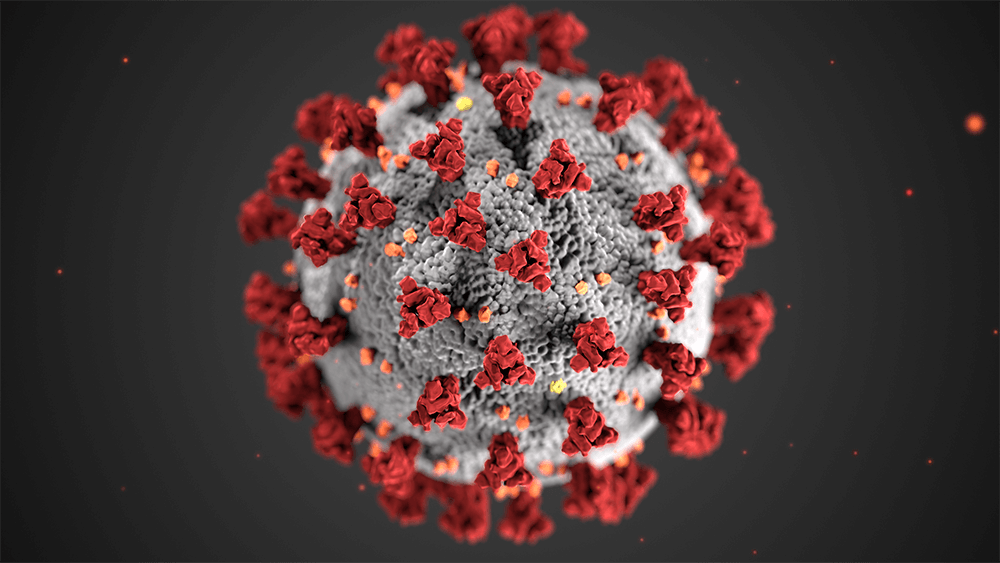Section Branding
Header Content
UGA Alumni Are Creators Behind Coronavirus Illustration
Primary Content
Many have seen the familiar image by now: a grey, porous sphere with ominous red and orange barbs sticking out.
This 3D depiction of coronavirus was designed by University of Georgia alumni Dan Higgins and Alissa Eckert, who worked alongside the Centers for Disease Control and Prevention to give a face to the virus behind the pandemic.
The process for designing how the virus would be depicted wasn't an easy one. Higgins and Eckert had to consider a lot of different factors, including the shape of the proteins on its surface, the spatial distancing of each strand, and the lighting.
Even the colors were intentional. The grays, reds, and oranges were meant to look somber and reflect the severity of the virus.
RELATED: Georgia's Rural Hospitals Get Over $5M For Telehealth, COVID-19 Testing
Higgins and Eckert have worked together at the CDC for 14 years. They were tasked with illustrating the virus in January.
The image took about a week to create, as reported by the New York Times. For Higgins and Eckert, it was a faster pace than they were used to, but they came prepared through their experiences of collaborating together on previous outbreaks such as Ebola, H1N1 and Zika.
"It was definitely more of a fast-paced, exciting, intense high-pressure project,” Eckert told The Red and Black.
For Higgins and Eckert, the task was one that marries their two passions: graphic design and medical research.
While at UGA, Higgins attended the graphic design school, but also focused on medical illustration. After UGA, he got a master's in biomedical visualization from University of Illinois.
Eckert transferred to UGA after learning about scientific illustration and felt a calling to the field.
RELATED: Local Reaction: As Kemp Moves To Reopen, Some Businesses And Churches Hesitate
What initially began as an illustration that Ekert and Higgins thought would appear on a few cable news outlets now has a worldwide reach.
"It’s out there doing its job," Eckert told the NYT.
Higgins and Eckert have since developed an animated version of the graphic in hopes it can continue to educate people about the nature of the virus.


